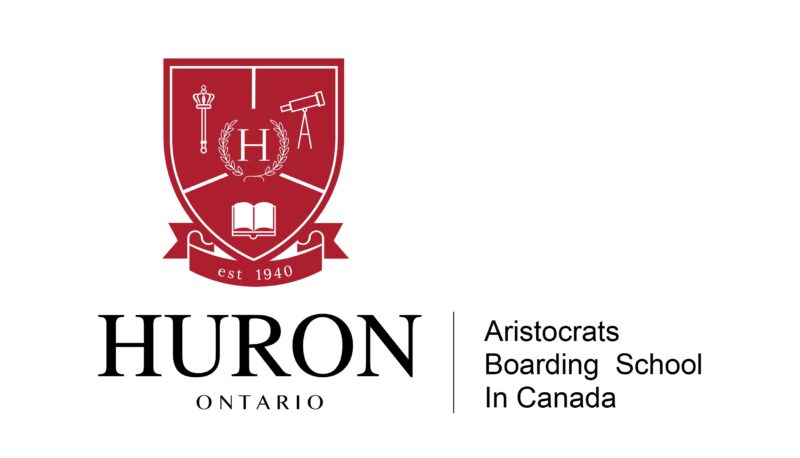After the hard work of preparation, the child is about to leave and go abroad to study. Both parents and children feel a little bit anxious. Parents feel they need to talk to their students before they leave, but what to talk about?
After their children study abroad, they often only ask about their grades, so they don’t know what to talk about anymore.
Let’s look at the 5 keywords for parents who want to care for their children and express their feelings.
Keyword 1: money.
Parents do not tell their children about the financial capacity of the family for fear that their children will be worried, and that they will waste money. But if your child is going to study abroad and live independently, then you must create awareness for your child.

Some families are worried about their children spending money indiscriminately and tell their children that the family is financially under stress. There are also families with good economic conditions that do not restrict their children’s consumption, which leads them to spend money blindly and compare their money with others.
That’s why it’s important to instill the right view of money in your children, to let them know that it’s not easy for parents to earn money and they need to spend the money in the right way.
Keywords 2: Sex
Early sex is prohibited in many countries, but there is no such thing as early love in Canada. Various physiology classes are offered in foreign schools, and foreign parents usually talk to their children when they are 13-14 years old.
Therefore, children studying abroad will certainly encounter sexual situations. If they feel unable to speak about it, they may be harmed by others who are more knowledgeable. Therefore, before going abroad, parents should have a conversation with their children about gender aspects and how to protect themselves.
Keyword 3: Moderate concern
Everyone is an individual and has a right to privacy, but these are not valid in front of parents. Asian parents tend to know everything about their children.
Parents can’t keep track of their children’s movements after studying abroad, so they feel anxious and ask their children to keep them informed. But this can do more harm than good, seriously undermining a child’s self-confidence and ability to take care of themselves. Parents love their children and want to think long term for their children’s development. Care should be moderate, and excessive attention can tie your child’s hands and feet, like frantically replenishing plants with fertilizer, which is counterproductive.

Take special care not to make decisions for your child as you nurture his or her independent growth. The experiences and views of parents can only be used as a reference for the child to make decisions, and guidance can be given to help, but the child must understand that this is his or her life. Take responsibility for yourself and your life so that you can slowly develop the ability to think independently.
Keyword 4: Competence is more important than achievement
Many parents don’t get close to their children, and they go back and forth on the phone to ask about grades and studies, emphasizing that “your parents worked hard to send you abroad, you have to work hard, too”.
They want to express their love but don’t know how. In fact, in addition to academic performance, you can talk about the daily life of the parents; ask the child what is happy or unhappy in life; tell the child about domestic events, you can also directly ask the child if he/she is homesick, healthy, etc.
Be brave enough to discover the different abilities that nurture your child. Rather than judging a child’s future in terms of a single dimension of academic achievement. Once upon a time, games were not allowed, now competitions have become sports competitions, and players who play games have become athletes. One moment’s academic achievement doesn’t mean anything; competent people are what society needs.
Keyword 5: Parents will always love you.
Many parents are shy about expressing their love for their children, and while they can do a lot for their children, they have a hard time saying I love you.
If the child cannot be shown that his parents are his strong support, then he will feel that nobody backs him up when he encounters difficulties. With children studying abroad and family and friends thousands of miles away, they must adapt, face, and wonder if studying abroad is the right choice. At this time, if he gets encouragement from his parents, and knows that they love him, then he will have more courage to overcome when he is not confident, and when he faces difficulties.

Why do we need to be shy when we often see our parents abroad showing their love? It’s a normal thing to love your own child and being a child who can feel loved allows you to love yourself more confidently and courageously.
Parents may not know how to express themselves when communicating with their children, but as long as they are sincere in expressing their concern, the child can feel it. It is important to think about the child’s development and raise the child to think independently and play to his or her abilities. Let the child not be afraid of a challenge at any time because he knows his parents are supporting him.
The head teachers at Huron International School take on the role of parents and are always concerned about the students’ studies and lives and can provide timely feedback to parents to reassure them.

